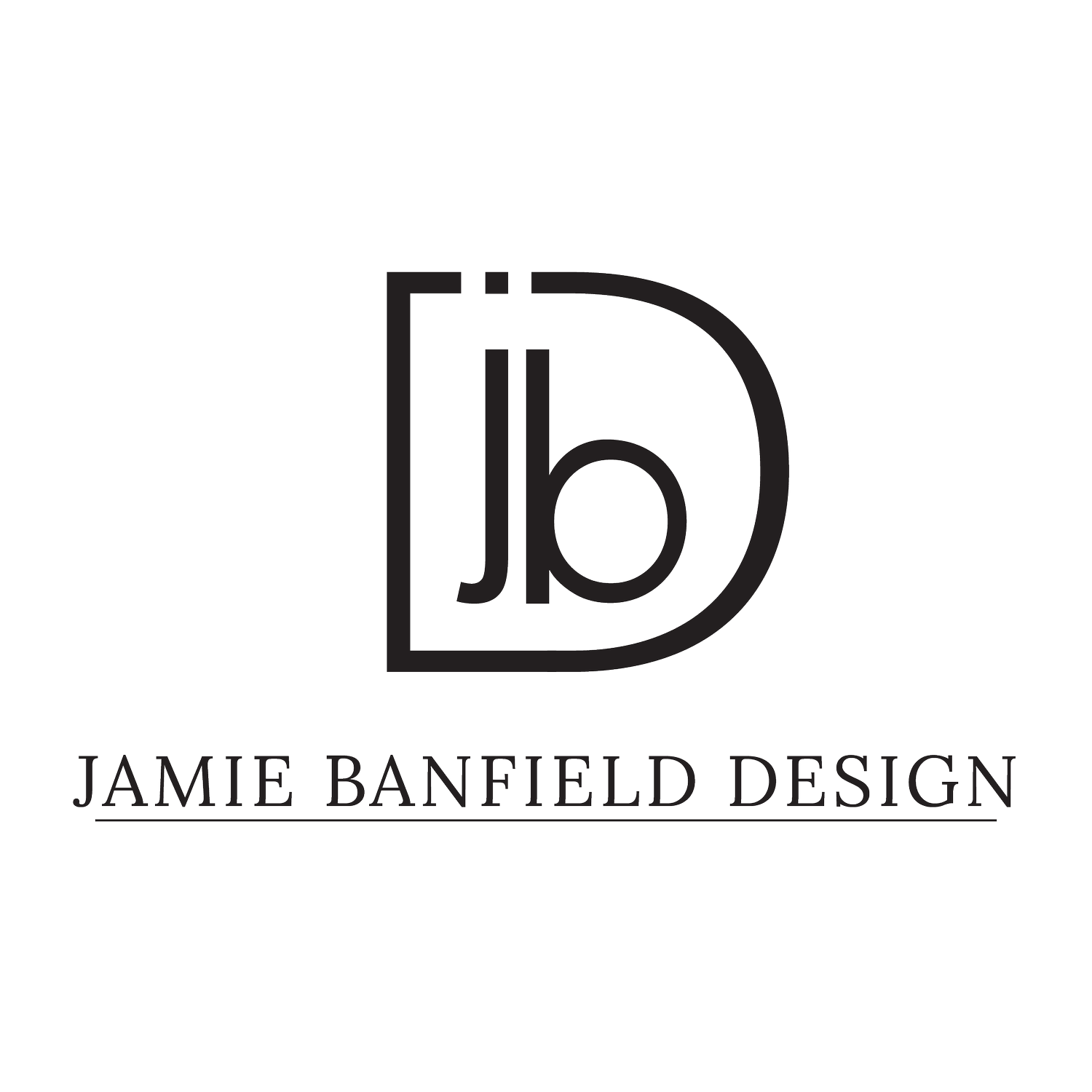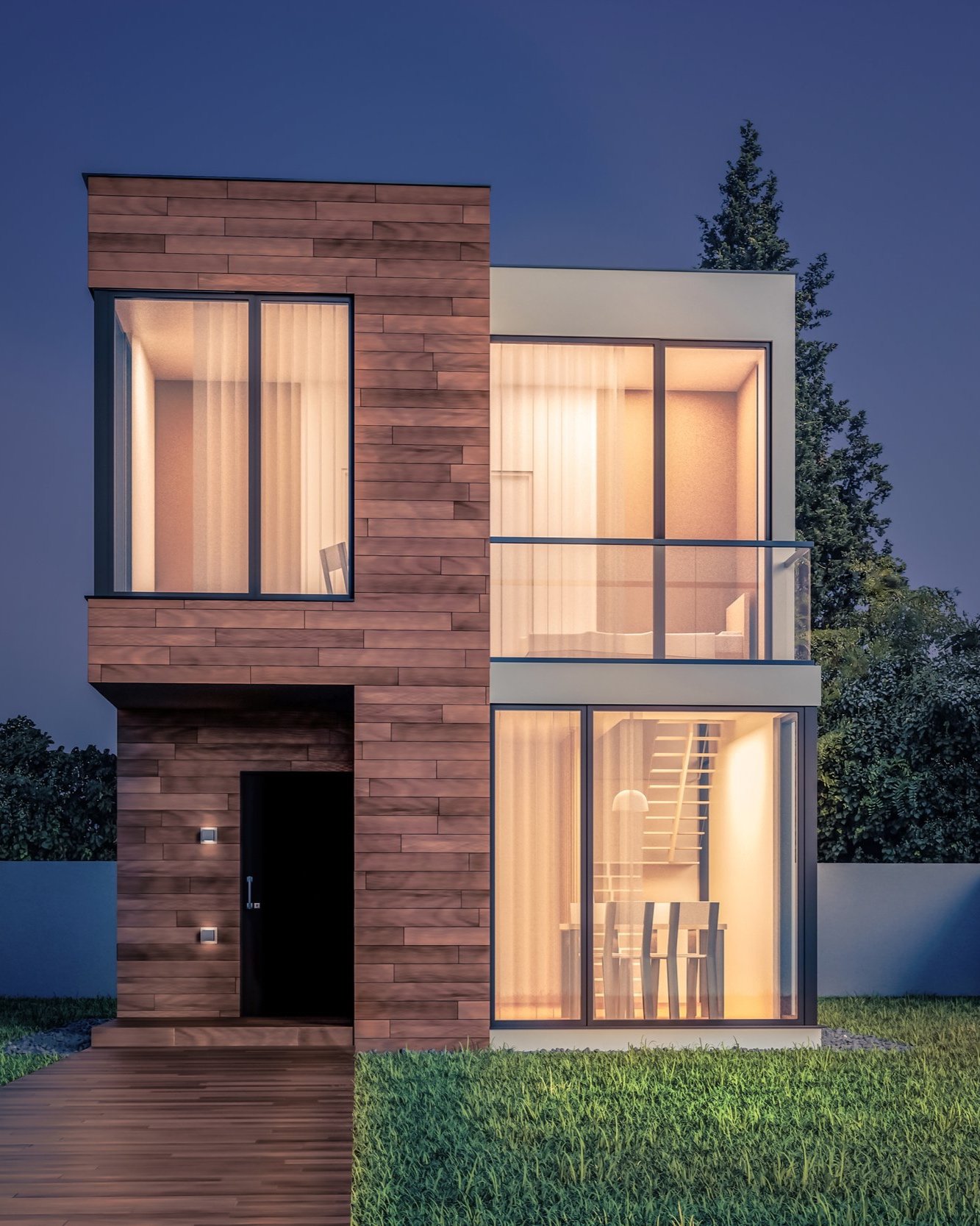IS A HIGH-PERFORMANCE HOUSE ATTAINABLE?
Eco-friendly houses and sustainable building are no longer just trends for the ultra-rich or super environmentally conscious; they are becoming the norm in construction and design. The BC Building Code adopting Step Code ensures all newly built homes are Net-Zero ready by 2032, enforcing this as the new baseline building code. So, if every new home will eventually become a Net-Zero home, why should you change now?
As with many concerns in design and construction, it comes down to price. Many early adopters of eco-housing were wealthy individuals who could afford to invest in cutting-edge technology and materials. Renovators are often wary to implement green alternatives to their projects due to the high cost of land and construction materials. For the average Vancouver family wishing to build a new home, committing to a high-performance or net-zero home may seem unattainable.
The good news is that prices are going down. Vancouver real estate is not the best market as is, with its high lot prices and building cost. But pursuing a high-performance house at this stage does come with its perks. If money is the main concern, consider how long you plan on living in your home. The long-term savings may be worth the initial investment.
If you’re still on the fence and not sure if the commitment to a high-performance home for your family is worth it, here are some things to consider if you’re even a little bit into the idea of an eco-friendly house.
What Is a High-Performance House:
There are so many names and concepts to consider when trying to build an “eco” or “green” home, that it can be a bit overwhelming. First things first: a high-performance home is designed and constructed to go beyond the minimum building standards and as a result, they are energy-efficient, environmentally sustainable, and comfortable for families to live in. Such homes incorporate advanced building techniques, materials, and technologies to reduce energy consumption, minimize waste, and lower your carbon footprint.
Building one of these as a family home in Vancouver requires careful planning and investment. It's important to work with qualified designers who have experience with sustainable building practices and can help you navigate the local building codes and regulations.
Incentives and Discounts:
Vancouver has been recognized as a leader in sustainable building practices and has implemented several policies and programs to promote energy-efficient and green building construction. The City of Vancouver has its own building code, known as the “Vancouver Building Bylaw,” which includes requirements for energy efficiency and other sustainable features. These homes often use sustainable and environmentally friendly building materials, such as locally sourced wood, and recycled or reclaimed materials.
As part of the BC Energy Step Code, FortisBC offers rebates for building high-performance houses that adhere to their guidelines. BC Hydro offers rebates for energy-efficient upgrades for insulation, windows, and heat pumps. A qualified designer can guide you in finding and applying the proper building techniques for your new home.
What’s a Good Building Site:
When picking the perfect lot for your family home, many factors need consideration. Is there a view? Is there enough privacy? What will the commute be like? When it comes to building orientation, not many Vancouverites get the luxury of choosing the direction their house will face since many neighbourhoods are confined to a grid formation.
With a high-efficiency house, the location and orientation of your home have a big impact on the energy efficiency and overall sustainability of your home. With the proper window glazing and shading, a high-performance home takes advantage of natural sunlight to manage your home’s heat. An experienced designer works with the determined orientation of your home and makes it work to maximize this payoff and save on energy bills.
Project: Marshall Ave Project
Build Team: Black Thumb Contracting
Photographer: Martin Knowles Photography
Architectural Design: Kilo Architecture
Project: Marshall Ave Project
Build Team: Black Thumb Contracting
Photographer: Martin Knowles Photography
Architectural Design: Kilo Architecture
Energy Efficiency & Renewable Energy:
One of the main goals of a high-efficiency house is to reduce energy consumption and minimize waste. New construction homes ensure an air-tight seal to prevent wasted energy. High-quality insulation and high-efficiency mechanical system (such as tankless water heaters and heat pumps) keep your home functioning efficiently. By choosing appliances and systems that use less energy, homeowners save money over time, which can help offset the initial investment.
Even though Vancouver is infamous for its rain, water conservation opportunities are a worthy investment. Incorporating water-saving features, such as low-flow toilets and showerheads, cuts down on water use and further saves you money. Combined with renewable resource systems, like solar panels or rainwater harvesting, your home powers itself and makes the most of that energy.
Indoor Air Quality:
Good indoor air quality is important for your family's health and well-being. Better air quality helps minimize the chance of getting sick or being affected by allergies. A high-performance house ensures airtightness, but without filtration, this can cause the air to grow stale. This is why they include HRV which continuously filter the indoor air with fresh air—like an airplane.
Charcoal air filters further purify the air without any harsh chemicals and are especially good at filtering out smog. These are a great addition to any home, especially due to the influx of forest fires throughout BC. Designers will craft the proper systems using the proper materials and finishes, such as those that use low-volatile organic compound (VOC) materials, to further ensure a clean environment.
Certified Consultants:
When building a high-efficiency home, it is essential to hire a certified Passive House Designer to ensure that your home is designed to meet the rigorous Passive House standards for energy efficiency, comfort, and indoor air quality. Certified Passive House Designers have specialized knowledge and expertise in building science, and they use advanced modeling software to optimize building envelope design, ensuring that the home is well-insulated, airtight, and properly ventilated. This results in significant energy savings and long-term cost savings on energy bills. Additionally, Passive House homes provide exceptional thermal comfort throughout the year and maintain excellent indoor air quality, which is crucial for the health and well-being of occupants. Certified Passive House Designers can also guide homeowners through the certification process, ensuring that the home meets the highest standards of energy efficiency, comfort, and indoor air quality set by the Passive House Institute. Hiring a certified Passive House Designer is the best way to ensure that your high-efficiency home is designed to meet the highest standards and provide long-term comfort, health, and cost savings.
Project: Marvel Street
Photographer: Janis Nicolay Photography
Project: Kohler Showroom
Photographer: Janis Nicolay Photography
Smart Home Technology:
Smart home technology can help you optimize energy usage and enhance your family's comfort and convenience. Never forget about lights left on again! Look for builders who have experience with smart home automation systems, and consider features such as programmable thermostats, smart lighting, and home security systems.
Overall, building a high-performance family house in Vancouver requires careful planning, attention to detail, and the right team of professionals. Due to the high initial cost, many homeowners are put off by the prospect. However, by considering these key factors and working with experienced designers, you can craft a home that earns its investment back and saves you money in the long run. With a high-performance house’s many benefits, the question comes down to how much money is worth investing for comfort.













